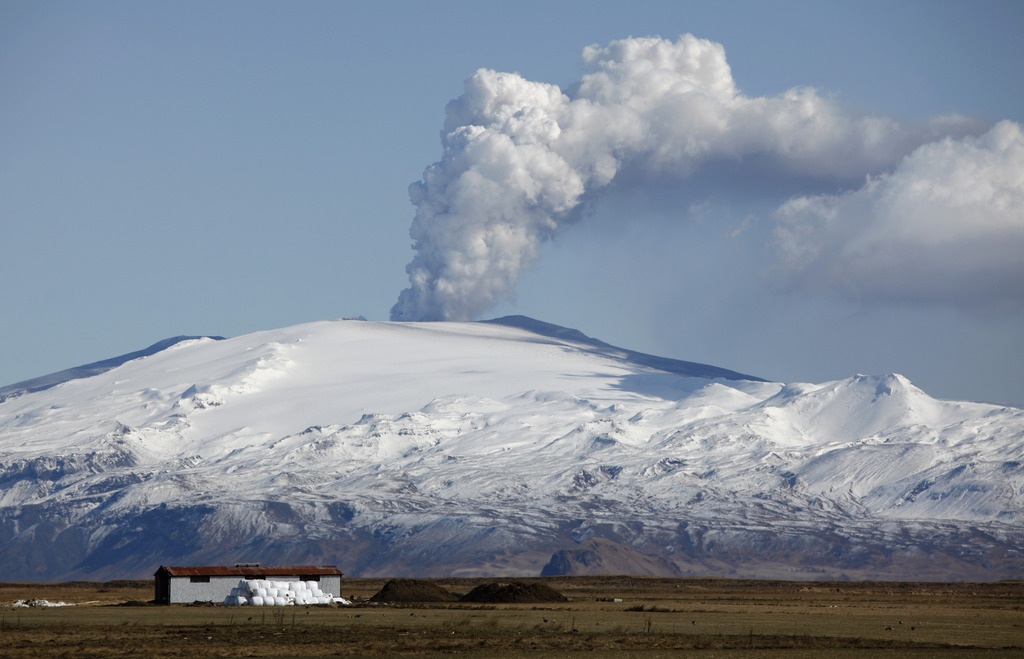Swiss study blames humans for extreme weather

Researchers in Zurich have linked human activity to weather extremes like flooding and droughts. Their study calculates that a significant percentage of incidents can be attributed to global warming measured since pre-industrial times.
In a study published in the scientific journal Nature Climate ChangeExternal link, climatologists from the federal technology institute ETH Zurich showed that more than half of the heat extremes worldwide and nearly a fifth of precipitation extremes could be traced to global warming.
“Not one of these events is solely the direct result of warming, but warming increases their frequency. And the less common and more extreme the hot extreme or heavy rainfall event, the more this can be attributed to a man-made contribution,” explained study leader Erich Fischer. He and colleague Reto Knutti looked at various climate models to gauge the human influence on the weather.
The percentages cited in the study are based on the present-day warming of 0.85°C. If the warming hits the 2°C mark, the ETH scientists predict that human activity will have an even more dramatic influence on weather extremes. The likelihood of heatwave days would increase five-fold, and 40% of wildly wet days would be “man-made”, so to speak. In particular, the northern hemisphere would experience significantly more torrential rain, while heatwaves would pose a severe challenge in already hot regions.
The study could be used to help people prepare for the worst, its authors said.
“Since a heat or precipitation event does not have the same socio-economic impact everywhere in the world, it is necessary to combine our approach with regional information on exposure and vulnerability in order to carry out a comprehensive risk assessment,” remarked Fischer.

In compliance with the JTI standards
More: SWI swissinfo.ch certified by the Journalism Trust Initiative











You can find an overview of ongoing debates with our journalists here . Please join us!
If you want to start a conversation about a topic raised in this article or want to report factual errors, email us at english@swissinfo.ch.